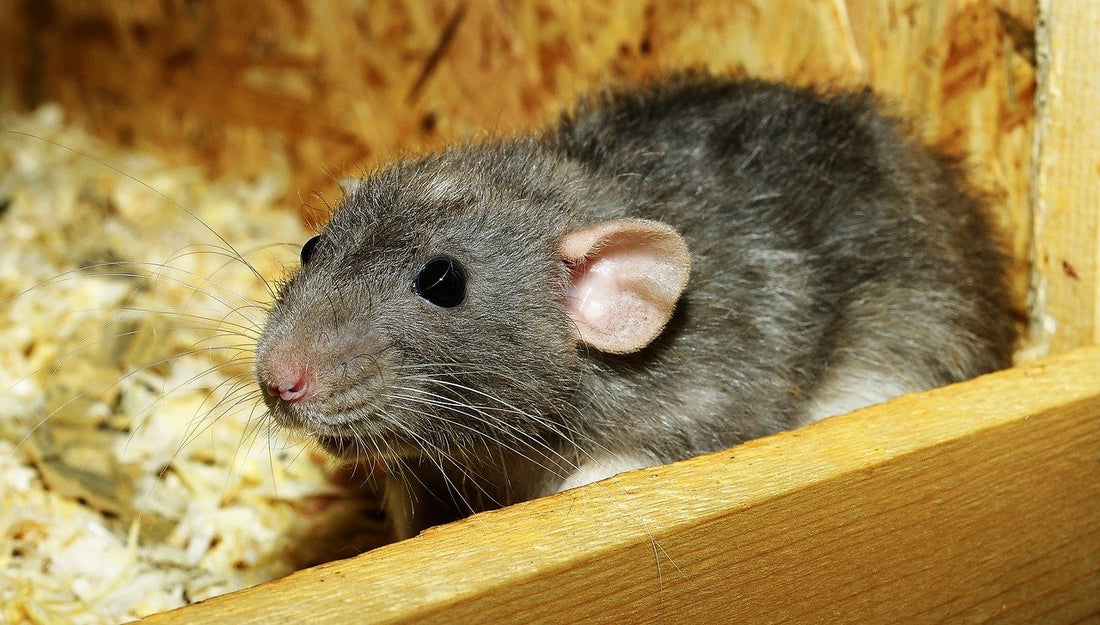The idea of keeping a rat may fill some people with horror. However, rats actually make for great pets and these friendly and intelligent animals are reasonably easy to look after. Like all pets, your rat will be relying on you and does have specific needs. Here's how to properly care for your rat.
Equipment
Your rat needs a home and a wire cage with a solid floor is the best choice. For an adult rat this should be around the same size as a cage designed for a guinea pig or ferret. You must be able to completely secure the cage and a topless style won't work because rats are good climbers.
Because they are intelligent creatures they are also skilled escapologists! Glass tanks are a less suitable option than a cage as they lack ventilation and so are prone to a build-up of ammonia from your rat's urine. The lids of glass tanks can be difficult to secure and so your rat could be able to escape.
Your rat will require bedding but this should not be softwood shavings or sawdust as these materials tend to irritate rats' eyes. It is better to use shredded paper.
Hygiene
Clean the cage thoroughly once a week. The area that your rat uses as a toilet needs to cleaned out every day. Take care to use animal friendly disinfectant in the cage.
Exercise and Stimulation
Rats require exercise and need activities to keep them occupied. It is best to equip their cage with some small boxes and tubes to crawl though and into. A ladder is also a great inclusion and you should invest in some rat toys or puzzles for additional stimulation. Toys designed for large birds are also suitable for rats.
Naturally the best way to keep your rat occupied and happy is to interact with it yourself. Make sure that you take the time to play with your rat as this will satisfy their lively minds and provide them with a change of scenery.
Feeding
Rats require a constant supply of clean and fresh water. Rodent sipper bottles are ideal for their water supply but always keep a spare to hand as some rats will have a tendency to chew plastic bottles.
Rats are rodents and so their incisor teeth grow continuously. They need something to chew on to wear their teeth down. Chew toys and mineral stones are the best choice but some rat treats also aid dental health.
You should feed your rat proprietary rat food and not mixes designed for other rodents as these may lack some of the nutrients that rats require. Complete foods in nugget or pellet form are a better choice than mueslis as these prevent selective feeding.
The rat food can be supplemented with vegetables and scraps to provide variety. Try to avoid treating your rat to sugary foods as these will quickly lead to obesity and are not a healthy choice.
Rats are highly rewarding pets and a great addition to the family home. With the right care they will lead happy and healthy lives in captivity.

